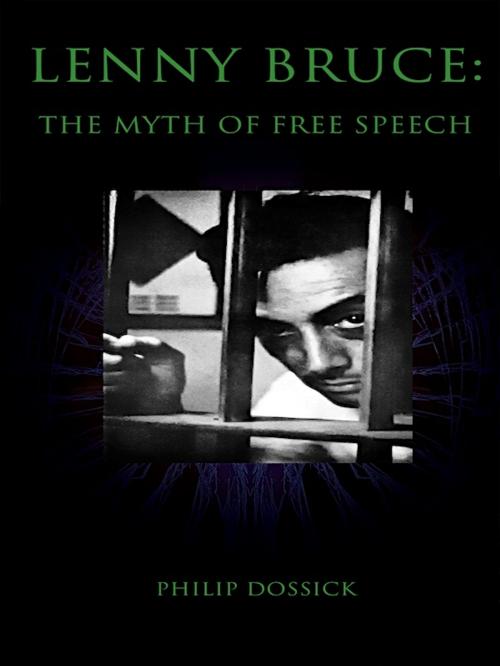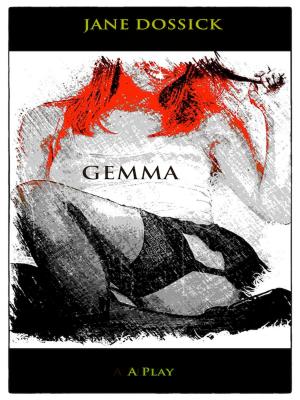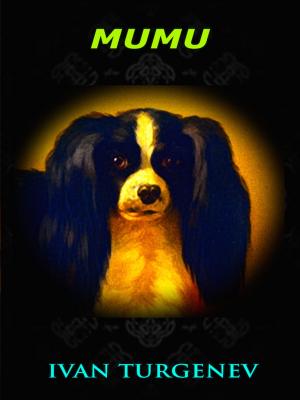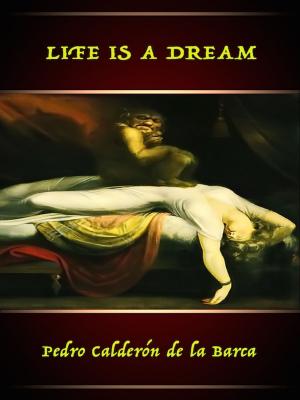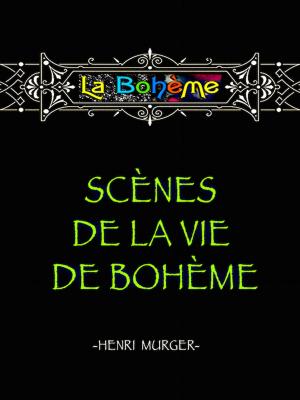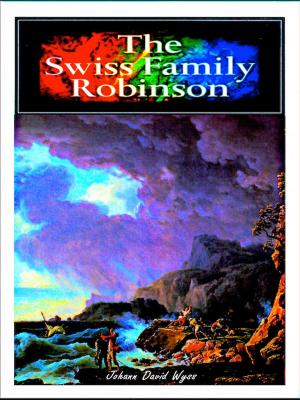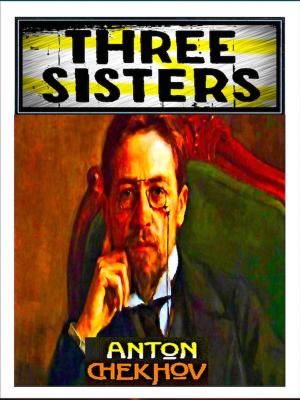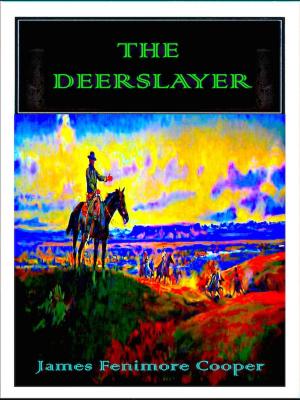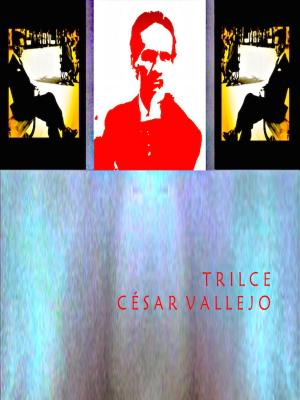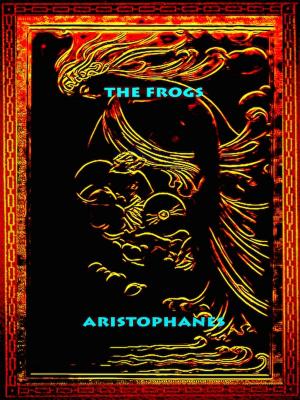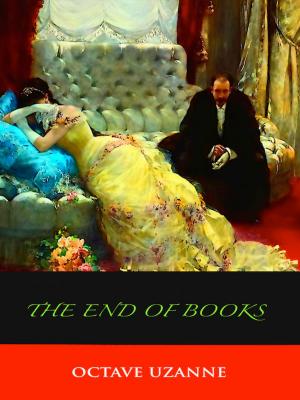Lenny Bruce: The Myth of Free Speech
Nonfiction, Social & Cultural Studies, Social Science, Pornography, Biography & Memoir, Literary, Entertainment & Performing Arts| Author: | Philip Dossick | ISBN: | 1230000110737 |
| Publisher: | Editions Artisan Devereaux LLC | Publication: | February 27, 2013 |
| Imprint: | Language: | English |
| Author: | Philip Dossick |
| ISBN: | 1230000110737 |
| Publisher: | Editions Artisan Devereaux LLC |
| Publication: | February 27, 2013 |
| Imprint: | |
| Language: | English |
In 1964, Lenny Bruce was riding high. His underdog, idealistic humor took on every American icon and sacred cow, from capitalism to organized religion to sexual mores.
College kids adored him.
Audiences were eager to see him perform his free-form riffs at every opportunity.
His records were selling briskly, his face was on late-night television screens all over the world, and people were talking about him with reverence and respect for his obvious satirical gifts.
In April of that year, Bruce appeared twice at the Cafe Au Go Go.
Unknown to him, the New York City Police Department had planted undercover vice squad detectives in his audience.
After both performances, Lenny Bruce was handcuffed, led away from the stage, and taken into police custody.
The charge: Using obscene words during his act. (Words that today can be seen and heard around the clock on radio, television, films, and virtually every medium.)
Overnight, Bruce found himself in professional exile, with almost every nightclub in the country fearing prosecution, and blacklisting him.
On June 25, 1966, a bankrupt Lenny Bruce gave his final performance, at The Fillmore in California.
On August 3, 1966, Five weeks later, police and press surrounded his Hollywood Hills home.
Lenny Bruce was found lying naked on his tiled bathroom floor, trousers below his knees, dead of a morphine overdose.
Through a brief series of no-nonsense vignettes and snapshots, Philip Dossick provides a first-rate account of this tragic chapter in Bruce’s life, and of the brilliant comic that changed the face of comedy forever.
PHILIP DOSSICK is the New York Times critically acclaimed writer and director of the motion picture The P.O.W. He has written for television, including the outstanding drama, Transplant, produced by David Susskind for CBS. His most recent books include Aztecs: Epoch Of Social Revolution, Sex And Dreams, Mark Twain In Seattle, Oscar Wilde: Sodomy and Heresy, The Naked Citizen: Notes On Privacy In The Twenty-First Century, Raymond Chowder And Bob Skloot Must Die, The Deposition, Vincent Van Gogh: Madness and Magic, and Lenny Bruce: The Myth of Free Speech.
In 1964, Lenny Bruce was riding high. His underdog, idealistic humor took on every American icon and sacred cow, from capitalism to organized religion to sexual mores.
College kids adored him.
Audiences were eager to see him perform his free-form riffs at every opportunity.
His records were selling briskly, his face was on late-night television screens all over the world, and people were talking about him with reverence and respect for his obvious satirical gifts.
In April of that year, Bruce appeared twice at the Cafe Au Go Go.
Unknown to him, the New York City Police Department had planted undercover vice squad detectives in his audience.
After both performances, Lenny Bruce was handcuffed, led away from the stage, and taken into police custody.
The charge: Using obscene words during his act. (Words that today can be seen and heard around the clock on radio, television, films, and virtually every medium.)
Overnight, Bruce found himself in professional exile, with almost every nightclub in the country fearing prosecution, and blacklisting him.
On June 25, 1966, a bankrupt Lenny Bruce gave his final performance, at The Fillmore in California.
On August 3, 1966, Five weeks later, police and press surrounded his Hollywood Hills home.
Lenny Bruce was found lying naked on his tiled bathroom floor, trousers below his knees, dead of a morphine overdose.
Through a brief series of no-nonsense vignettes and snapshots, Philip Dossick provides a first-rate account of this tragic chapter in Bruce’s life, and of the brilliant comic that changed the face of comedy forever.
PHILIP DOSSICK is the New York Times critically acclaimed writer and director of the motion picture The P.O.W. He has written for television, including the outstanding drama, Transplant, produced by David Susskind for CBS. His most recent books include Aztecs: Epoch Of Social Revolution, Sex And Dreams, Mark Twain In Seattle, Oscar Wilde: Sodomy and Heresy, The Naked Citizen: Notes On Privacy In The Twenty-First Century, Raymond Chowder And Bob Skloot Must Die, The Deposition, Vincent Van Gogh: Madness and Magic, and Lenny Bruce: The Myth of Free Speech.
